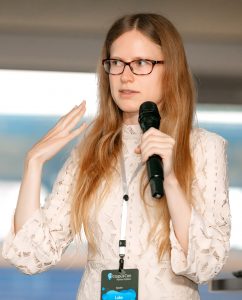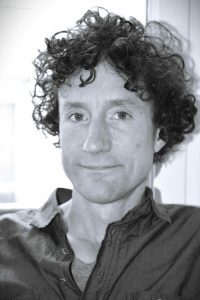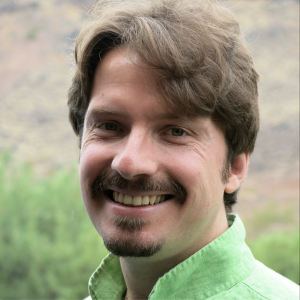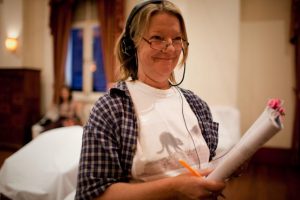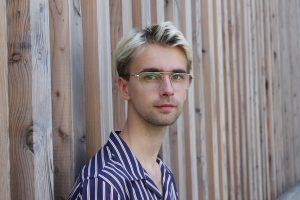Abstract von Dominic Lees
Darstellungen auf der Leinwand können durch generative KI leicht manipuliert werden: Das Gesicht einer schauspielenden Person kann durch Deepfakes ersetzt, die Stimme durch Stimmklonen verändert werden. Der Schauspielendenstreik in den USA im vergangenen Jahr hat die Ängste vieler Schauspielenden vor der neuen KI-Technologie deutlich gemacht.
In meiner Forschung habe ich mich mit den kreativen Möglichkeiten der Deepfake-Technologie beschäftigt, aber auch mit den Ängsten, die sie auslöst. So habe ich in einem experimentellen Projekt versucht, die ehemalige britische Premierministerin Margaret Thatcher in einem Filmdrama wiederauferstehen zu lassen. Dieser Vortrag wird die tatsächlichen Möglichkeiten der generativen KI aufzeigen und die moralischen und philosophischen Fragen untersuchen, die sich für Regisseur*innen und Schauspielende stellen, wenn sie mit dieser Technologie arbeiten. Untergräbt der Einsatz von KI die kreative Beziehung zwischen Schauspieler*in und Regisseur*in? Wie können Schauspielende ihr Vertrauen in das Medium Film aufrechterhalten, wenn sie immer weniger Kontrolle über ihre Darbietung haben?
Die Verwendung von Film zur Aufzeichnung einer Darbietung hat dem Publikum immer garantiert, dass das, was es sieht, die authentische Arbeit der Schauspielenden in Raum und Zeit vor der Kamera ist. Die zunehmende Verwendung von teilweise oder vollständig synthetischen Darstellungen stellt diese wichtige Annahme jedoch in Frage. Wird das Publikum Performances auf der Leinwand tolerieren, die durch den Einsatz von KI verfälscht wurden?
